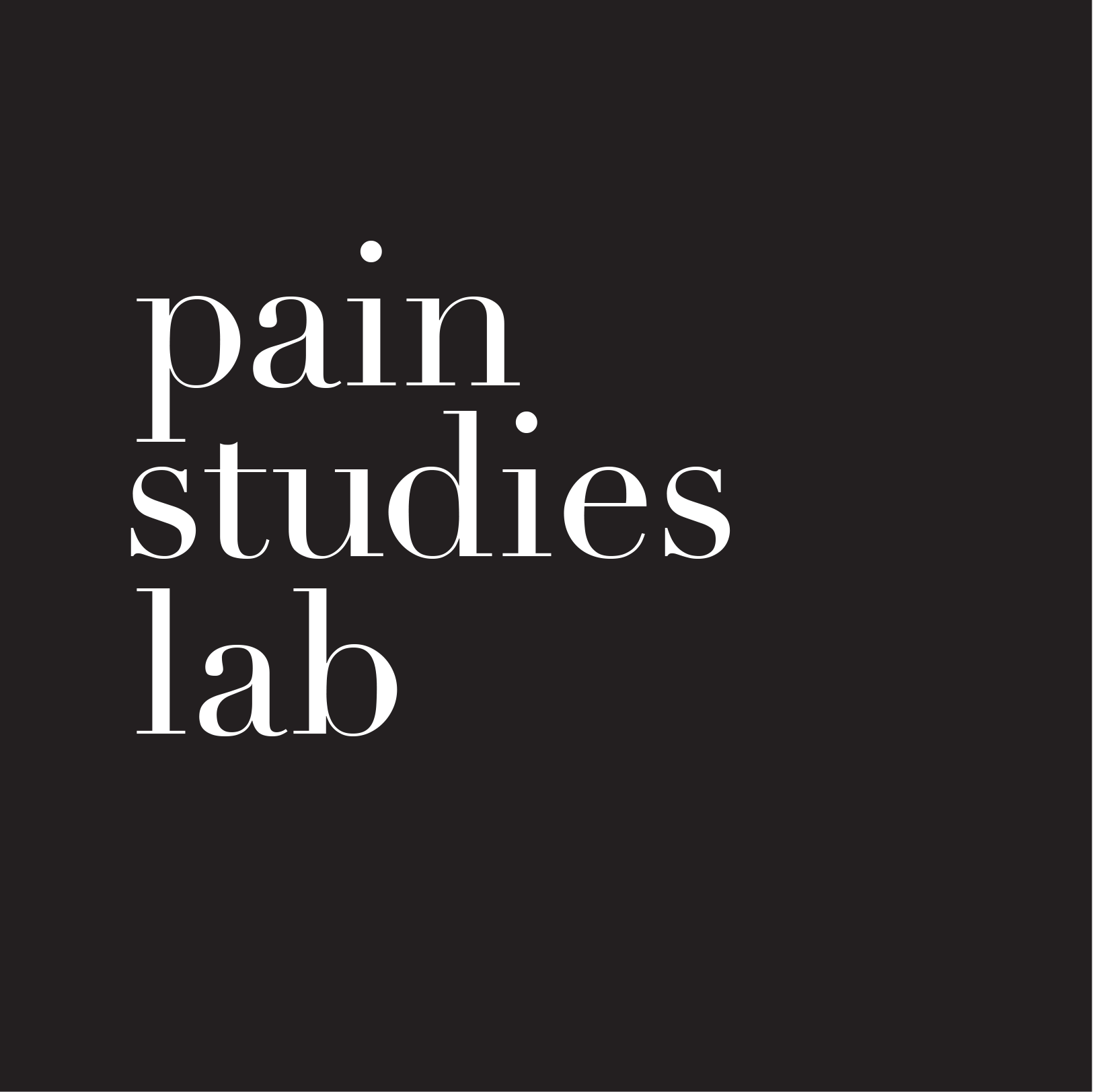Virtual Mediatative Walk (VMW) is a VR system incorporates biofeedback sensors, virtual environment and stereoscopic sound together. It was designed and developed to help chronic pain patients practice Mindfulness-Based Stress Reduction (MSBR) by providing real-time environment changes, which allows patients to see a mirrored version of oneself and to learn to control inner emotional states.
Due to the complexity of chronic pain, it is considered an incurable disease. Mindfulness meditation has been a primary approach to manage chronic pain. Virtual Reality (VR) technology emerges in medical field in recent year and it has been used for acute pain, which proved to be an effective measure to decrease patients’ pain.
The inferential analysis of our user study was aimed at testing whether VR therapy had significant effect over chronic pain patients’ pain level (NRS ratings). The result shows that there is a significant difference in the pain level for control group (M=0.16, SD=1.16) and VR group (M=2.71, SD=1.88), t (10)=2.96, p < 0.05. It indicates that Virtual Meditative Walk VR system impact chronic pain patients’ pain level and tends to reduce their pain after VR trial.
